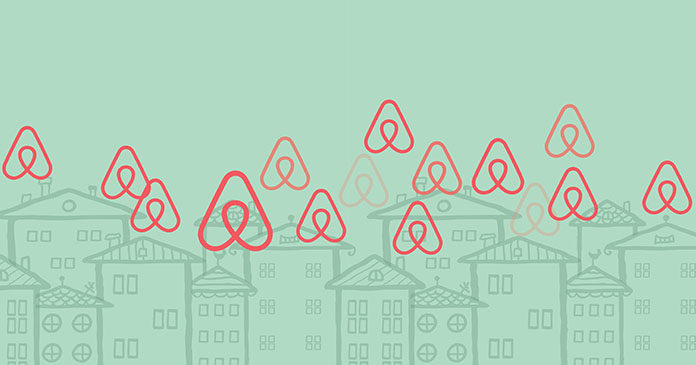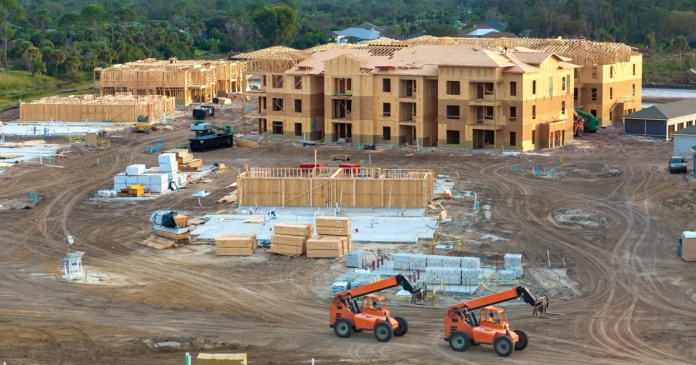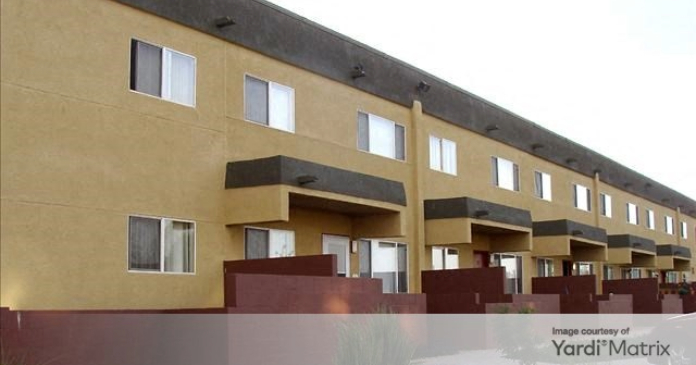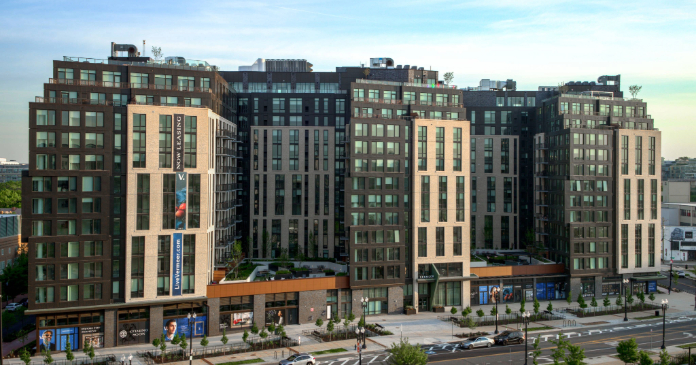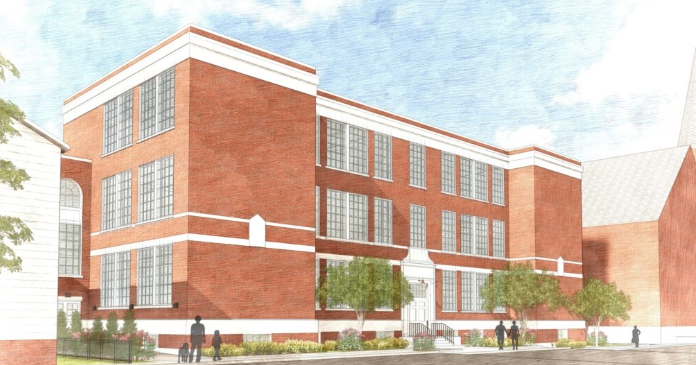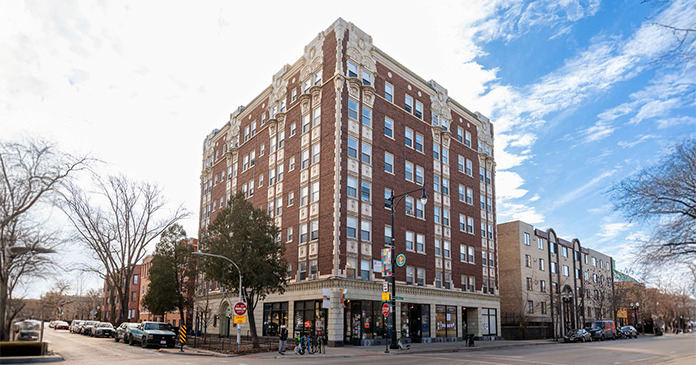But what does the company’s growth and popularity mean for the cities and municipalities it operates in? According to Airbnb, it brings more money to these cities, in the form of both rental fees and the money that renters spend during their stays. The company also notes that roughly three-quarters of its listings aren’t in traditional tourist neighborhoods, which means that money is going to communities typically ignored by the hospitality industry.
Critics, on the other hand, have argued that home-sharing platforms like Airbnb raise the cost of living for local renters. There is not much evidence to support this claim one way or the other, though a study focused on Boston found that an increase in Airbnb listings there was associated with an increase in rents.
It is not difficult to see why the idea could be true more widely: By making short-term rentals easier, Airbnb could cause some landlords to switch their properties from long-term rentals, which are aimed at local residents, to short-term rentals, which are aimed at visitors. Cities and towns have a finite supply of housing, so this process would drive up rental rates over time.
Follow the facts
Because of the limited empirical evidence, we decided to dig deeper. The results of our analysis are in a working paper (mhpmag.com/airbnb.pdf).
We started by collecting data from three sources: (1) consumer-facing information, from Airbnb, about the complete set of Airbnb properties in the U.S. (there are more than 1 million) and the hosts who offer them; (2) zip code–level information, from Zillow, about rental rates and housing prices in the U.S. real estate market; and (3) zip code–level data from the American Community Survey, an ongoing survey by the U.S. Census Bureau, including median household incomes, populations, employment rates, and education levels.
We combined these different sources of information in order to study the impact of Airbnb on the housing market.
However, measuring this impact is not straightforward. The main challenge is that the housing market is, of course, affected by factors other than Airbnb, such as gentrification and economic trends.
In our study, we control for these factors, and additionally use a technique known as instrumental variables to isolate the part of housing costs that is driven only by changes in Airbnb supply.
In simple terms, we argue that if a zip code is “touristy,” meaning it has a lot of restaurants and bars, and if awareness of Airbnb increases, which we measure using the Google search index for the keyword “Airbnb,” then any jump in Airbnb supply in that zip code is likely driven by an increase in demand for short-term rentals through Airbnb, rather than local economic conditions.
Under this assumption, we show that a 1 percent increase in Airbnb listings is causally associated with a 0.018 percent increase in rental rates and a 0.026 percent increase in house prices. While these effects may seem very small, consider that Airbnb’s year-over-year average growth is about 44 percent.
This means that, in aggregate, the growth in home-sharing through Airbnb contributes to about one-fifth of the average annual increase in U.S. rents and about one-seventh of the average annual increase in U.S. housing prices. By contrast, annual zip code demographic changes and general city trends contribute about three-fourths of the total rent growth and about three-fourths of the total housing price growth.
Formulating the impact
These results show that Airbnb does have an impact on the housing market. However, they don’t tell the full story of how it is happening. In our study, we present two additional results that help explain the underlying economics.
First, we show that zip codes with higher owner-occupancy rates (the fraction of properties occupied by the owners themselves) are less affected by Airbnb. Those rates are important because the landlords who switch their properties from long-term rentals to short-term rentals are those who don’t live in the houses they rent.
Owner-occupiers do use Airbnb, but they use it to rent out their spare rooms or perhaps the whole home while they are away. However, these homes are still primarily occupied by a long-term resident (the owner), so they are not the ones being reallocated as short-term rentals through Airbnb.
Second, we present evidence that Airbnb affects the housing market through the reallocation of housing stock. By looking at housing vacancies, we show two things about the Airbnb supply: it is positively correlated with the share of homes that are vacant for seasonal or recreational use— which is how the Census Bureau classifies houses that are part of the short-term rental market—and negatively correlated with the share of homes in the market for long-term rentals.
Taken together, our results are consistent with the story that, because of Airbnb, absentee landlords are moving their properties out of the long-term rental and for-sale markets and into the short-term rental market.
Policy makers around the world are struggling to find the best way to regulate home-sharing platforms like Airbnb. On the one hand, these platforms allow homeowners to make money when they have more room than they need. On the other hand, absentee landlords are reducing the housing supply, which, in turn, increases the cost of living for local renters.
According to our results, one way to reduce the latter effect while retaining the benefits of home-sharing would be to limit how many homes can be added to the short-term rental market, while still allowing owner-occupiers to share their extra space.
Source: Kyle Barron holds a BA in economics from UCLA and is a former healthcare researcher at the National Bureau of Economic Research. Passionate about contributing to open-source software, Kyle developed an interface to connect Stata and Jupyter that has exceeded 50,000 downloads.
Edward Kung is an assistant professor of economics at UCLA. He is interested in how technology affects housing markets and urban economic outcomes, and his work has appeared in peer-reviewed journals such as the American Economic Review and the Journal of Urban Economics.
Davide Proserpio is an assistant professor of marketing at the University of Southern California. He is interested in the impact of digital platforms on industries and markets, and most of his work focuses on the empirical analysis of a variety of companies including Airbnb, TripAdvisor, and Expedia.


